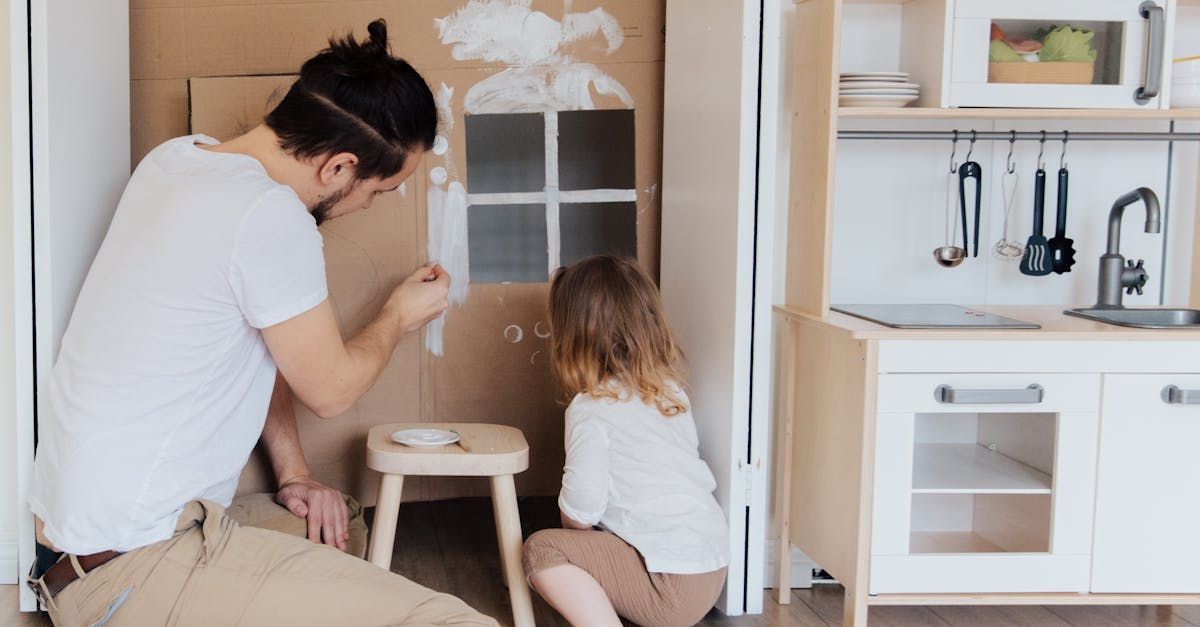
FERRO, BATTEY & EUCALITTO, LLC
Divorce, Family, and Matrimonial Lawyers
FERRO, BATTEY & EUCALITTO, LLC
Divorce, Family, and Matrimonial Lawyers
Preparing for a Divorce 101: Be “Super Mom” or “Super Dad”
In any action regarding the care or custody of children, the court is required to make orders that serve the children’s best interests. In determining what is in the children’s best interests, Conn. Gen. Stat. § 46b-56 requires the court to consider the following factors:
(1) The temperament and developmental needs of the child;
(2) The capacity and the disposition of the parents to understand and meet the needs of the child;
(3) Any relevant and material information obtained from the child, including the informed preferences of the child;
(4) The wishes of the child's parents as to custody;
(5) The past and current interaction and relationship of the child with each parent, the child's siblings and any other
person who may significantly affect the best interests of the child;
(6) The willingness and ability of each parent to facilitate and encourage such continuing parent-child relationship
between the child and the other parent as is appropriate, including compliance with any court orders;
(7) Any manipulation by or coercive behavior of the parents in an effort to involve the child in the parents' dispute;
(8) The ability of each parent to be actively involved in the life of the child;
(9) The child's adjustment to his or her home, school and community environments;
(10) The length of time that the child has lived in a stable and satisfactory environment and the desirability of
maintaining continuity in such environment, provided the court may consider favorably a parent who voluntarily
leaves the child's family home
pendente lite in order to alleviate stress in the household;
(11) The stability of the child's existing or proposed residences, or both;
(12) The mental and physical health of all individuals involved, except that a disability of a proposed custodial
parent or other party, in and of itself, shall not be determinative of custody unless the proposed custodial
arrangement is not in the best interests of the child;
(13) The child's cultural background;
(14) The effect on the child of the actions of an abuser, if any domestic violence has occurred between the parents or
between a parent and another individual or the child;
(15) Whether the child or a sibling of the child has been abused or neglected, as defined respectively in section
46b-120; and
(16) Whether the party satisfactorily completed participation in a parenting education program established
pursuant to section 46b-69b.
The court is not limited, however, to considering the above-mentioned factors. Other factors that courts have considered in determining what’s in the best interests of the children include: ability of a parent to spend time with the child on a daily basis (Seymour v. Seymour, 180 Conn. 705 (1980)); parent’s remarriage (Trunik v. Trunik, 179 Conn. 287 (1979)); and the inability of the parents to communicate or reach agreements regarding their daughter’s issues (Hibbard v. Hibbard, 139 Conn. App. 10 (2012)).
Most custody cases are not won by proving the other party to be unfit, but, instead, by proving yourself to be a better parent. If your case involves issues about custody or parental access, you should behave as if you are under a microscope. Every action or inaction of a parent may be scrutinized during the case. Now is not the time to dump the children on babysitters or miss school functions. Now is the time to continue as an involved parent. Become familiar with the individuals involved in your children’s lives, including their friends, doctors, and teachers.
A daily diary may also prove useful in a custody case. Make note of any time where the other parent is less than a super mom or dad. For example, did the other parent fail to show up for your son’s soccer game? Or, did the other parent fail to make sure your daughter completed her science project? Contemporaneously noting this behavior will help you remember the specifics of each incident later on in the case. While a court will likely consider a parent’s past behavior as it relates to the children, it is a parent’s behavior while the case is pending that is often most telling.
For more information on how you can better prepare for your custody case, contact the lawyers of Ferro, Battey & Eucalitto, LLC.

Follow Us
Ferro, Battey & Eucalitto, LLC
320 Post Road West, Suite 2E, Westport, CT 06880
203-424-0482 ❖ info@ferrofamilylaw.com
Wilton, CT | Westport, CT | Stamford, CT | Darien, CT | Greenwich, CT | New Canaan, CT | Fairfield, CT
Website Design by Hearst Media Services , all rights reserved © 2022
Contact Us
Contact Us
We will get back to you as soon as possible
Oops, there was an error sending your message.
Please try again later.








